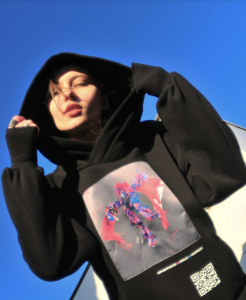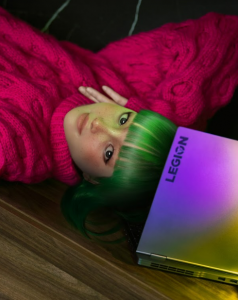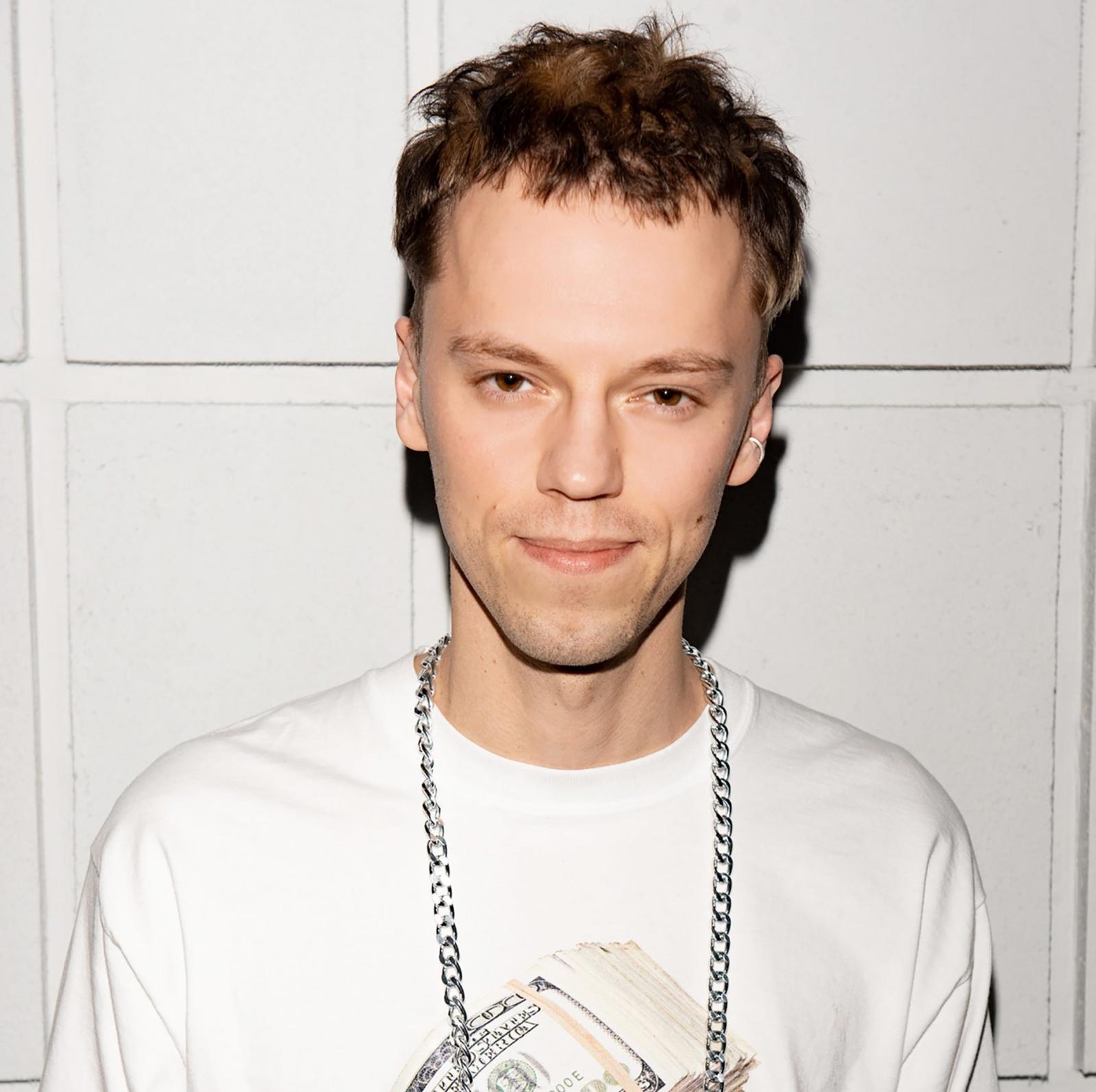FFFACE.ME is an international studio that creates Instagram, Snapchat, TikTok filters, semi-digital and digital clothing, virtual influencers, and NFTs.
But more importantly, it creates innovative digital and AR products that bring emotion.
In FFFACE.ME, we’re always focused on how our products make people feel. For example, we understand that nowadays, clothing is essential not only for offline life but also for our online communication. People purchase clothing to create unique content, and our Augmented Reality Clothing helps them bring this use case to the next level. That is why the slogan of our first Augmented Reality clothing drop was: the look that gets you likes.
We have a similar approach when it comes to Instagram filters. We don’t see them as a design or tech product. We see them as a digital product that helps audiences to achieve their communication goals:
- To look cooler
- To show a sense of humor
- To be creative
- To join a trend
- To stand out from the crowd
When we create filters, we always focus on the emotion that a specific audience needs to achieve at the current time and place.
How did you come up with the idea for the company?
Five years ago, while studying on Coursera, I noticed a statistic that predicted there would be a 7.5x growth in the AR market within the next three years. When Meta (Facebook) announced the development of its own AR platform, Spark AR, I realized that there would be a boom in this area. That’s when I came up with the idea of establishing a studio.
Later, I met a designer and one of the first developers in the world who was admitted to the closed beta testing of Spark AR, Yegor Kumachov. Together we decided to try and combine his technical skills with my marketing expertise. This is how FFFACE.ME started.
More from Interviews
- Inside Mobile Payments with Bojoko’s Ville Saari
- Meet Steve Haskew, Group Director of Sustainability and Growth At Circular Computing
- A Chat with Hakob Astabatsyan, CEO and Co-Founder of Synthflow AI
- Meet Ernesto Suarez, CEO at Travel Insurance Provider: Gigasure
- Under Pressure and On the Clock: Gurhan Kiziloz’s Nexus International to Hit $1.45B Revenue in 2025
- Daisy Ip of InvestHK: Why Hong Kong Continues To Grow In Popularity Amongst UK Fintech Startups
- A Chat with AJ Balance, Chief Product Officer at Grindr
- A Chat with Jennifer Cohen Solal, CEO and Co-Founder at Private Sales Platform: Hushday
We started a studio with no investment, three weeks later, we designed a website, and also managed our social networks ourselves. We immediately ran into a problem – in Ukraine at that time this niche was completely new, and few people knew how to work with Social AR. So, we decided not only to sell but also to educate the market that we work in. Three months later, we held the Masquerade educational event. Thanks to that, we met and began cooperation with brands like Pepsi, Visa, Danone and others.
How has the company evolved during the pandemic?
Our business is based on an anti-fragile approach: we always try to use changes around the world for our growth.
During the pandemic, we focused on uncommon use cases that appear and grow in the new reality.
For example, as soon as TikTok launched their closed AR platform, we contacted them and became one of the few studios around the world that exclusively create filters for the TikTok ecosystem.
Also, we anticipated the semi-digital clothing trend and released our first AR garments in 2020. In 2021, we launched the second collection, which received rewards and publications in the international press.
When digital fashion became mainstream, we were already one of the industry leaders. This allowed us to implement semi-digital clothing for Pepsi, Lenovo, Depositphotos, VistaCreate, Isaia.

In the same way, we added digital influencers to our product line as soon as their market began to grow in the West. This is how Astra Starr (@starr.astra) was created who became a speaker at the Vogue Conference, brand face of Lenovo, Pepsi and the main heroine of the Ukrainian PINK cover.

Thanks to all of the above, during the global pandemic, we quickly grew from a local Ukrainian studio into the international sphere and managed to work with Puma, KFC, Coldplay, Pepsi, Porsche, Danone, Huawei, Jagermeister, Visa, LG, Logitech, Viber, L’oreal, Nivea and others. Finally, our cases became internationally acclaimed, and we were featured in the shortlist of Global Social Media Award and won the European Content Award prize.
What can we hope to see from FFFACE.ME in the future?
Our strategy is to create innovative products on an international scale. In other words, work with fresh technologies around the world.
Today, Social AR has become mainstream, and fresh solutions include the digital clothing segment, as well as products for the Metaverse. This year we will continue to develop the theme of digital clothing, collaborate with global fashion brands, as well as create communication and PR campaigns for brands based on NFT, Metaverse and virtual avatars.



